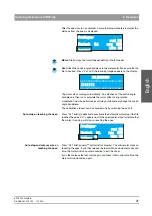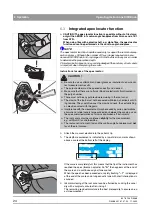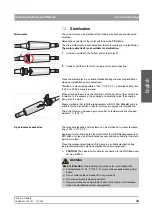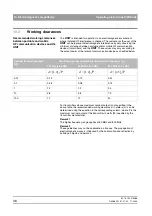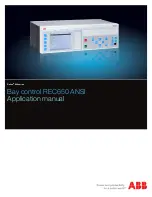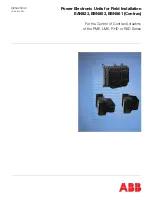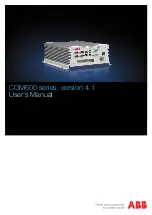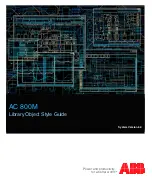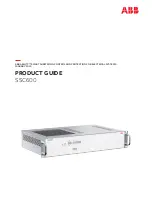
60 78 104 D 3488
24
D 3488.201.01.07.02
11.2009
6 Operation
Operating Instructions SIROEndo
6.3
Integrated apex locator function
¾
CAUTION! The apex locator function is possible without a file clamp
only with an ENDO 6:1 contra-angle handpiece from Sirona and a 16:1
from ATR.
When using files with a plastic shaft, e.g. alpha files, the apex locator
function cannot be performed via the contra-angle handpiece.
NOTE
i
The apex locator function should be used only to support the root canal prep-
aration process. Although the number of X-ray images required can be re-
duced with SIROEndo, an X-ray image still must be taken in any case in order
to determine the preparation depth.
Clinical evaluation based on a sound knowledge of the anatomy of root canals
is important when interpreting the results.
Instructions for use of the apex locator:
¾
Attach the mucosal electrode to the patient's lip.
ª
The depth measurement is indicated by a row of division marks shown
above a scale at the bottom left of the display.
If the scale is completely full, this means that the tip of the instrument has
reached the apex (foramen apicale). An
"A"
then appears at the end of
the scale and a continuous signal tone sounds.
When the apex has been exceeded, a rapidly flashing
"– 1"
is displayed
at the end of the scale and a long acoustic tone with short interruptions is
sounded.
¾
Ideal moistening of the root canal can be attained by sucking the canal
dry with a surgical cannula after rinsing it.
The remaining residual moisture is the best prerequisite to ensure an ex-
act measurement.
!
CAUTION !
¾
Be sure to use a cofferdam and wear gloves
as insulation to ensure cor-
rect measurement results.
¾
The pulp chamber must be opened correctly and cleaned.
¾
Make sure that there are no fluids (blood or electrolytic fluid) located in
the pulp chamber.
¾
There must not be any pulp residue remaining in the root canal.
¾
The crown of the tooth must not be covered with blood, chemicals or mill-
ing residue. They could flow over the crown and neck, thus establishing
an electric contact with the gums.
¾
Interference with the measurement may be caused by caries, perforations,
absorptions, lateral canals, large connections between the canals, pus on
the apex, metal restorations or crowns and broken-off instruments.
¾
The root canals must be moistened
slightly
for the measurement,
e.g. with NaOCl or chlorhexidine.
¾
The root canal instrument (file) and the contra-angle handpiece must
not
touch the oral mucosa.
ProTaper
red F2
red F2
Reduct
6:1
Reduct
6:1
rpm
250
rpm
250
mNm: 18
mNm: 18
*
.
.
..
.
..
.
..
.
.
.
.
..
.
.












